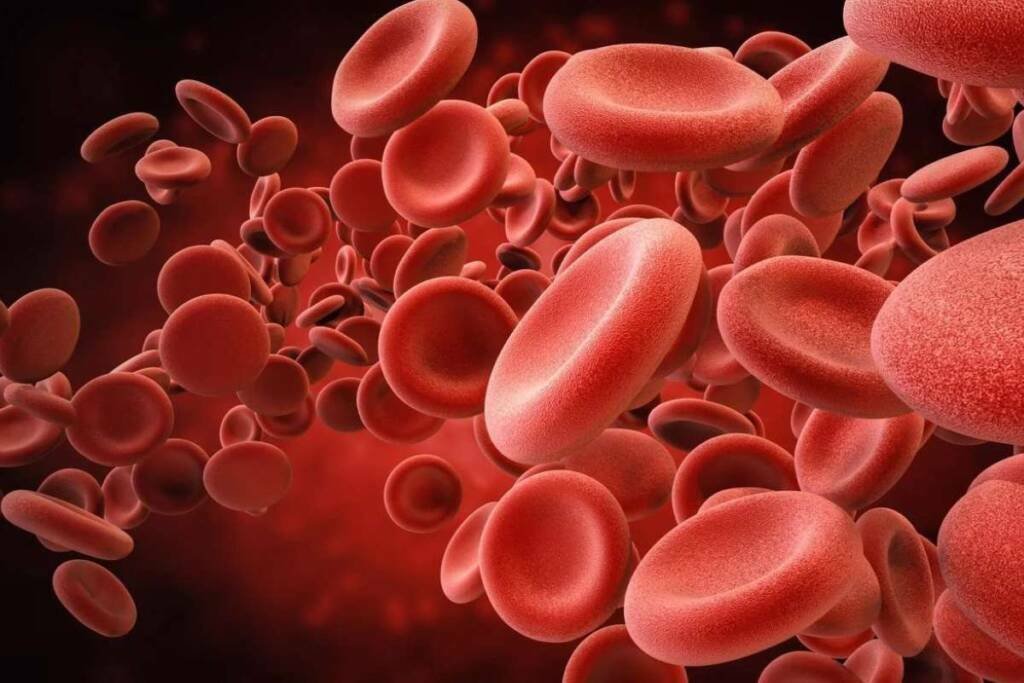Hutchmed, a prominent pharmaceutical player, is gearing up for a significant move as it readies to submit sovleplenib for regulatory approval in China. This strategic move comes on the heels of a resounding victory in a Phase 3 trial, where the Syk inhibitor demonstrated its prowess.
Enrolling 188 adults in China afflicted by primary immune thrombocytopenia, a condition marked by a low blood platelet count that heightens the risk of bleeding, the placebo-controlled trial achieved its primary endpoint with flying colors. Sovleplenib exhibited a statistically significant and clinically meaningful surge in the durable response rate compared to placebo. Impressively, the trial also met secondary endpoints including response rate and safety benchmarks. While the company has refrained from releasing detailed results, the findings are eagerly anticipated for unveiling at an upcoming scientific conference.
At the heart of this accomplishment lies sovleplenib’s mechanism of action. Designed to inhibit spleen tyrosine kinase (Syk), it holds the promise of addressing hematological malignancies and immune diseases. Syk’s pivotal role in the Fc receptor and B-cell receptor signaling pathway positions sovleplenib as a potential game-changer in these domains.
The medication is currently undergoing examination in a Phase 2/3 trial focused on warm antibody autoimmune hemolytic anemia, and a separate Phase 1 investigation in the context of non-Hodgkin lymphoma.
This triumph paves the way for Hutchmed’s ambitious plans. Drawing upon the estimated 110,000 individuals grappling with primary immune thrombocytopenia in China—where effective treatment options remain lacking—the company is set to submit a new drug application to Chinese regulatory authorities by the close of 2023. Beyond its home country, Hutchmed envisions a significant market for the chronic form of the autoimmune disorder, extending its reach to encompass approximately 145,000 patients within major pharmaceutical markets.
The landscape of thrombocytopenia is evolving, with players like Takeda also making notable strides. Takeda’s ADAMTS13 replacement therapy, TAK-755, showcased remarkable interim results in a Phase 3 trial, indicating its potential as a preventive measure against acute thrombotic thrombocytopenic purpura attacks.
This arena, however, is not without its challenges. Pfizer recently withdrew its recombinant Fc fusion protein from Phase 1 development, a potential setback in the pursuit of effective treatments for primary immune thrombocytopenia and chronic inflammatory demyelinating polyneuropathy.
Hutchmed’s progress in the thrombocytopenia domain not only underscores its dedication to groundbreaking solutions but also underscores the urgency of addressing unmet medical needs in this critical area of healthcare. As regulatory submissions and clinical advancements continue to unfold, the potential impact on patients’ lives becomes increasingly evident.





























